Blood ties : For this Thatta village, it takes all ‘types’ to raise a child
Tribal elders have entire village blood typed after a grandson’s difficult birth.
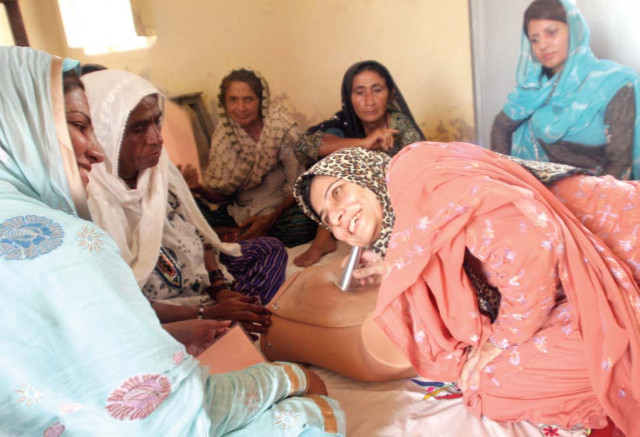
Blood ties : For this Thatta village, it takes all ‘types’ to raise a child
Necessity is the mother of invention — especially when it comes to your daughter-in-law who is about to become a mother as Haji Gul Mohammad discovered in February. In an extraordinary feat of community service, this grandfather and a village elder, Haji Mazaar Baloch, had the entire village blood typed after the complicated birth.
“An emergency C-section had to be performed and we needed blood for the mother, but none was available at the facility,” explains Baloch. “We then sent for some of her relatives from the village, but it turned out that none of them were from the same blood group.” Eventually, the doctor somehow managed to arrange for the blood and saved both the mother and the newborn. It was a close call, one that made the village elder take a long hard look at his people.
“Haji Gul Mohammad and I knew what we needed to do once we returned to the village,” he says. “All the men and women needed to be blood typed so that this incident never happens again.”
The village, near Thatta, is a small one with just about 250 people, which made this endeavour possible. All the men were sent to the nearest hospital and now have their blood groups recorded in a neat register maintained by the village’s school teacher. The women were tested by members of an NGO who set up a camp at the village. Now when a woman is sent to the hospital, villagers sharing her blood type are sent along with her in case there is an emergency.
Baby steps
Aside from the unique exercise in blood typing, this village stands out for another major change. As it is an insular community, most of its women have never seen the closest town.
“When a woman would have fits, we would just lock her up in the room and leave her there, sometimes for days,” says Haleema, the village’s traditional birth attendant or ‘dai’. “Pirs, fakirs and others would be called for the jantar-manter because we were sure that she was possessed,” she adds. This was the accepted practice for generations and it seemed unlikely that it would ever change.
But change it did, starting December 2008. That winter, a team of the Department of Community Health Sciences from the Aga Khan University began making inroads into the village as part of a three-year emergency maternal and newborn care project supervised by Dr Omrana Pasha, an associate professor for Family Medicine.
“Delivery is a dangerous time for mothers as well as babies. It can be tough sometimes with last-minute complications and no access to proper medical care,” she explains.
Two team members, Sarwar and Tanzeela, began by teaching the villagers about the basics of hygiene and healthcare. Beyond that, they also started teaching skills aimed at empowering the people to take the initiative, from saving to meet hospital costs to even using alternative energy.
Not to be left behind the women, who are in strict ‘purdah’ started an innovative scheme to save up for hospital expenses. Hajra, 30, bought a kid (baby goat) when she learnt she was pregnant. Over the months she fed and cared for the animal which she eventually sold as her due date came closer. Hajra now had enough money to meet the hospital expenses. Others put money into the village ‘kitty’ each month and it is disbursed to people based on need.
Haleema has also been trained as a result of AKU’s community intervention. “It was a custom to bathe the baby immediately after delivery. As a result they would sometimes turn blue and have fits, but we never understood why.”
Using a plastic bottle and rug, Haleema demonstrates the new techniques she has learnt. “Now I clean the baby with a cloth first,” she says as she gently strokes the bottle in soft circular motion, adding that her next step is to put the baby on the mother’s chest.
The baby is now bathed later on, and in some cases, on the following day.
New blades and equipment have also been provided to make the delivery process a safe one, and villagers now dispose of the afterbirth by burying it. Previously, the placenta would be thrown outside for the dogs and cats to make a meal of.
What Haleema is most proud of being in charge of, are the regular check-ups of the pregnant women. “Our men wouldn’t let us out before. Now whether or not a pregnant woman’s husband is around to seek permission from, I am entrusted to take them to the hospital for antenatal care. Missing a check-up is not an option,” she says firmly.
“Taking care of our women and children is important,” says Baloch. “We have understood that. We are trying to improve our lives as much as we can for ourselves but the focus is most definitely on making life better for the generations ahead.”
Today, Haji Gul Mohammad is the proud grandfather of healthy twin girls, a sure sign that in the village of Haji Mazaar Baloch, the future is now.
Published in The Express Tribune, May 12th, 2011.




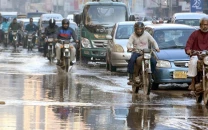
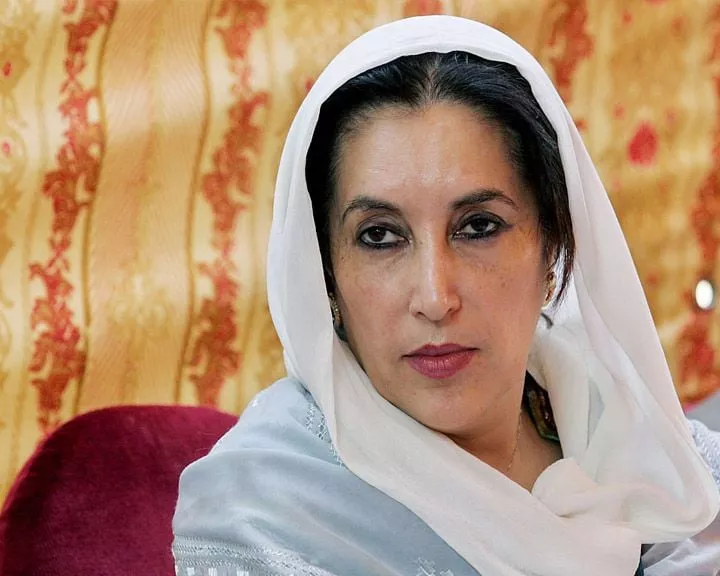
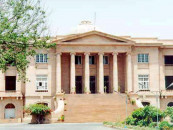

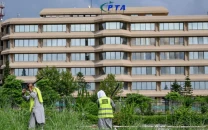










COMMENTS
Comments are moderated and generally will be posted if they are on-topic and not abusive.
For more information, please see our Comments FAQ